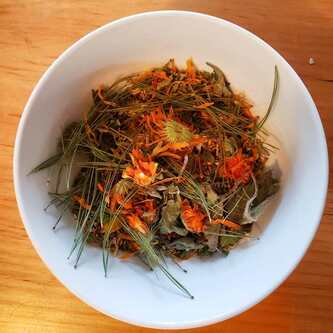|
If you experience digestive difficulties you know that you're not alone. But why? Why are digestive problems so common in our modern culture? It is easy to point to the obvious - lack of access to healthy food on the one hand, stress and other lifestyle factors on the other. But there may be something deeper, that goes back to the way we see ourselves, our bodies and our food... Modern view: body as machine The modern view of the human body has origins in 17th century Europe with the development of the mechanistic view of the body by René Descartes. In this view, the whole = the sum of the parts, not more, and there is not an inherent way to draw connection between those parts. This view has benefits and drawbacks. The benefits include all the miracles of modern medicine, in which the molecular causes of so many disease have been discovered, for which we can be grateful. The drawbacks in terms of digestion include that food gets reduced to the raw nutrients it contains, and digestion to the simple receptacle into which these nutrients are deposited. What is missing is the complex world of our senses and bodily experience, the integration of the parts and the whole, and the dynamic interaction that humans constantly experience in relation to our living environment. Traditional view: body as an integrated whole Prior to the mechanistic view, the predominant view in relation to health and medicine was that of philosophers going back at least to Ancient Greece. The body was seen to be animated by a subtle substance called "pneuma" that is akin to "qi" of Chinese Medicine and "prana" of Ayurveda. This pneuma moved through the organs from the power of the three "faculties," including the "natural faculty" or "nutritive faculty" that influenced digestion. The processes of digestion, metabolism, and elimination were seen as being interconnected, not separate, and together formed the "natural faculty." If we look at things from this bigger picture, more holistic and integrated view, we can make connections between things which otherwise are not clearly related in the mechanistic view. For example:
Learn more in our digestive health class series starting Wed., February 28th, 2024
The qualities of nature in all things
In addition the human body, there was a way in which all of nature could be seen as an integrated whole. All of the universe was seen to be created by four elements, and these four were then defined in terms of their qualities of heat and moisture:
These qualities can be perceived by our sense organs. In terms of food, the way we can identify the qualities in them is quite natural:
But with a little more reflection, more is obvious:
Putting it together - diet and the qualities of nature By seeing the human being as an integrated whole, which shares common characteristics with all of nature, including the foods we eat, we can begin to see a different way of interacting with food to keep our guts and bodies healthy and happy. What is the best food any particular person at any given time can then related to:
Geography Every place has its own unique climate. The good news is that every place has its own local food. To start with then, eating locally is the easiest way to eat food that aligns with the energy of that particular place. In Vermont, for example, we have a climate which is colder than a lot of other places. Therefore, to balance that out, for most of the year except for the heat of summer it's best to eat warming foods, such as:
Season Every place also has its own version of seasons. Classically, the association is as such:
Keep in mind though the geographic variations here. For example, in Vermont the winter is so cold that the air becomes very dry, which is compounded by indoor heating, so in Vermont what's needed in the winter is warm and moist foods. Age Traditionally, the ages of life have their own qualities:
Individual temperament There is of course so much individual variation, and this is where understanding one's own nature, or temperament is important. Traditionally there are four:
Conclusion To sum it all up, we can say that if we take a more traditional approach to seeing the human body as an integrated whole, and to seeing the natural world in intuitive, energetic terms, that can lead us to different choices about the foods we eat. We may find, for example:
Here are some suggestions for further reading: - Greek medicine as practiced in contemporary times as Unani medicine - Greek medicine practiced as Tibb - Western Herbal Energetics and the Four Humors System - Greekmedicine.net Blog post by Nick Cavanaugh. Book a comprehensive wellness consultation with Nick in-person or online here.
1 Comment
|
Details
RAILYARDCheck in here to keep updated on news and activities at the apothecary. Archives
April 2024
Categories
All
|
railyard apothecary
*These statements have not been evaluated by the Food and Drug Administration. This product is not intended to diagnose, treat, cure, or prevent any disease. For educational purposes only.
|
|


 RSS Feed
RSS Feed
